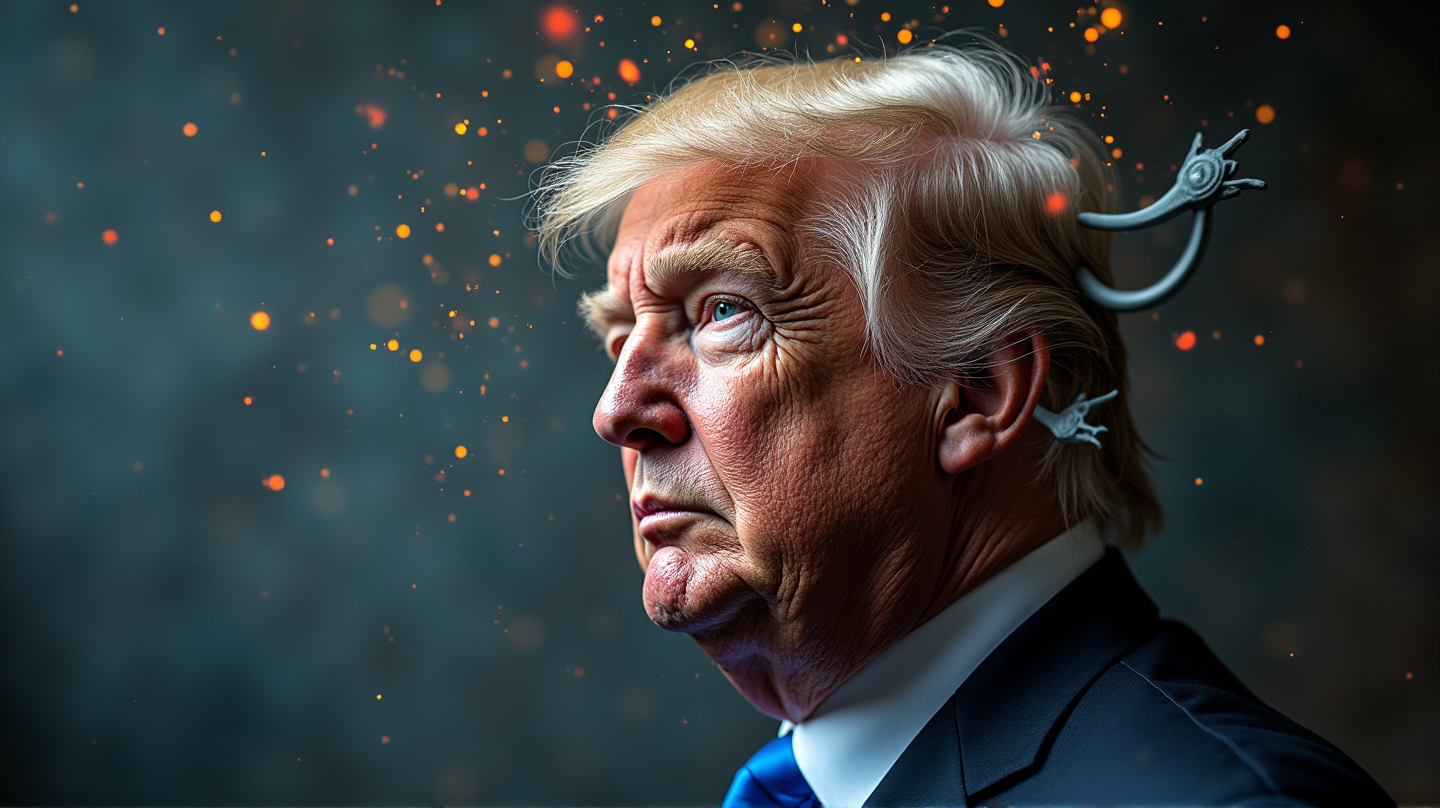In today’s rapidly digitizing world, the realm of politics has found a new battleground: social media. Platforms like Instagram, Facebook, and TikTok have become pivotal spaces for political figures to communicate, engage, and sometimes, even battle adversaries. According to The Spec, as of 2024, nearly 60% of the global population interacts daily on social media platforms. But what implications does this have for politicians and the public they serve?
Janis Irwin: A New Age Politician
Take Janis Irwin, for example. Representing the Edmonton-Highlands-Norwood area, Irwin has harnessed the power of social media with 72,000 followers on Instagram alone. A queer member of the millennial generation, her followers are treated to a blend of her personal and professional life, bridging the gap between the elector and elected in a way that traditional media never could.
Irwin’s approach underscores a significant shift in political engagement. Politicians, once reliant solely on mainstream media, are now curators of their own narratives, reaching constituents directly through personal channels. This authenticity resonates with many, but it also comes with its share of challenges and criticisms.
The Pervasive Power of Platforms
The influence of social media isn’t limited to just politicians. Companies like Meta (owner of Facebook and Instagram) and Alphabet Inc. (owner of Google and YouTube) report staggering profits from advertising revenues on these platforms, illustrating their reach and power within the public sphere. As of 2024, Meta’s advertising revenue alone topped US$135 billion, a testament to how deeply ingrained social media is in our daily lives.
The statistics are telling. In Canada, about 80% of the population uses these platforms, with the average daily time nearing two hours. Whether it’s a teenager in Ontario or a senior in Alberta, the pull of social media is undeniable.
Criticism and Concerns
However, social media’s influence isn’t all benign. Personalized algorithms often create echo chambers, reinforcing existing beliefs and sometimes steering users towards radical ideologies. Irfan Chaudhry, an academic from MacEwan University, emphasizes that bad actors persist online because social media offers them a power and platform unavailable in the offline world.
Moreover, the transition from a potentially positive platform to what Nenshi describes as “an anti-social battleground” highlights the darker aspects of online political engagements. Politicians like Irwin face unrestricted vitriol and monitoring threats becomes part of their routine.
Navigating the Digital Political Landscape
Janis Irwin exemplifies how politicians navigate this complex landscape. Despite the threats and negativity, she leverages her online presence to advocate for hope and community, particularly for marginalized groups. By blocking trolls and focusing on community-building both online and offline, Irwin and others like her aim to counterbalance the negativity with positivity and action.
A Call for Cautious Optimism
Navigating social media in politics is akin to walking a tightrope. It offers unprecedented access and engagement opportunities while exposing both politicians and the public to risks. As these platforms continue to evolve, so too must our approach, ensuring these tools serve democratic processes rather than disrupt them.
In a future where digital interaction is unavoidable, people like Irwin remind us that amidst the noise and chaos, there lies potential for genuine connection and progress.
